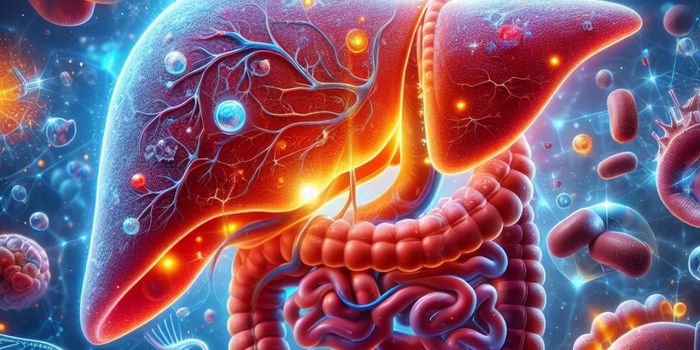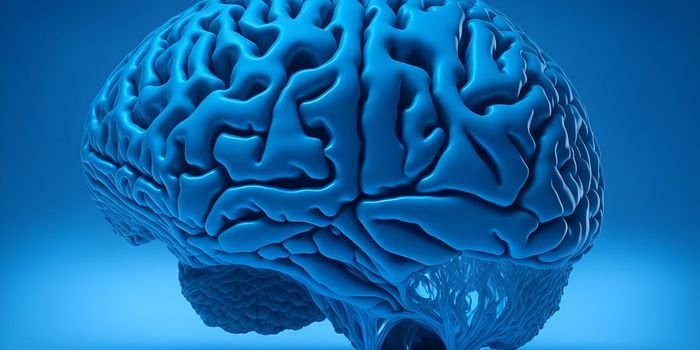Pharmacological Manipulation of a Brain-Signaling Mechanism Reverses An Autism-Related Pathway
According to a study published in the Proceedings of the National Academy of Sciences (PNAS), researchers at Florida Atlantic University have discovered a way to reverse an autism-related pathway in genetically engineered mice by pharmacologically manipulating a brain-signaling pathway.

Using an investigational drug to target a brain-signaling pathway, scientists were able to normalize the disrupted physiology and behaviors of mice. Additionally, these effects were also observed in adult mice suggesting a possible therapeutic drug to treat adults with autism spectrum disorder (ASD).
Presently, no FDA-approved medications that improve the core symptoms of ASD are in existence. However, the research study may bring new hope in developing a drug based on a novel approach that targets an enzyme involved in stress and inflammation. The research was motivated by decades of studies on the mood-regulating hormone—serotonin which regulates many brain synapses that are the gaps between nerve cells.
Serotonin is dependent on another protein called serotonin transporter (SERT), which regulates the level of serotonin. Multiple studies show that changes in SERT expression and function may be implicated in neuropsychiatric disorders, such as ASD.
"We suspected that normally as serotonin signaling changes, neurons turn up or down the activity of this transporter keeping serotonin levels finely balanced," says Randy Blakely, Ph.D., senior author, executive director of FAU's Brain Institute. “We generated evidence for this idea using cultured cells that expressed SERT, but what these observations meant for the brain or brain disorders was unclear. Our years of studying SERT gave us a clue as to how to tone down SERT hyperactivity without eliminating the protein's normal function.”
Additionally, Blakely and research team previously discovered an enzyme that may serve as a key SERT regulator. The enzyme is called p38α MAPK and is well known to contribute to inflammatory responses. When researchers genetically engineered an Ala56 mutation into the genome of a mouse, observations were noted regarding where brain biochemistry, physiology and behavior—as predicted, SERT was found to be high by p38α MAPK. "The studies primarily told us that Ala56 wasn't a benign mutation and possibly that the mice might provide a testbed for developing novel serotoninergic medications," said Blakely.
Relatively rare, the SERT Ala56 mutation occurs in about 1 percent of the U.S. population. Despite the research on human studies that found the DNA change is related to traits of ASD, others who carried the mutation did not exhibit any symptoms of ASD. "We don't think the variant is a cause for ASD in many people; only in those where other genetic or environmental changes have occurred. The bigger message is that serotonin's role in brain disorders likely goes far beyond depression," said Blakely. "Even though the first connections between serotonin and ASD were made more than 50 years ago, how we might tap into these observations for potential treatments hasn't been clear. We think our study suggests a new direction for medication development, particularly if we can identify those patients where changes in brain serotonin make a difference."
Source: Proceedings of the National Academy of Science (PNAS), Florida Atlantic University








